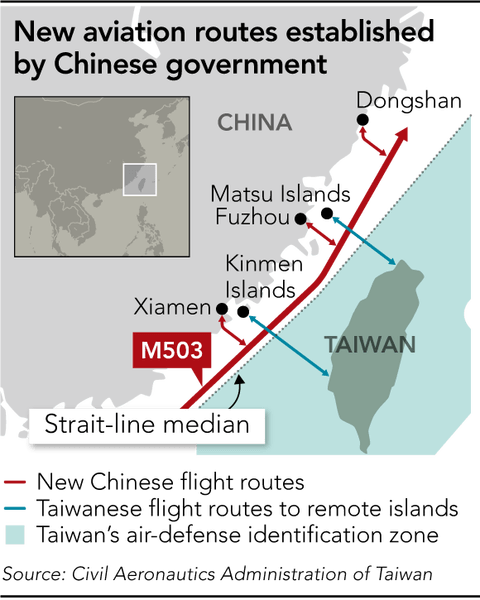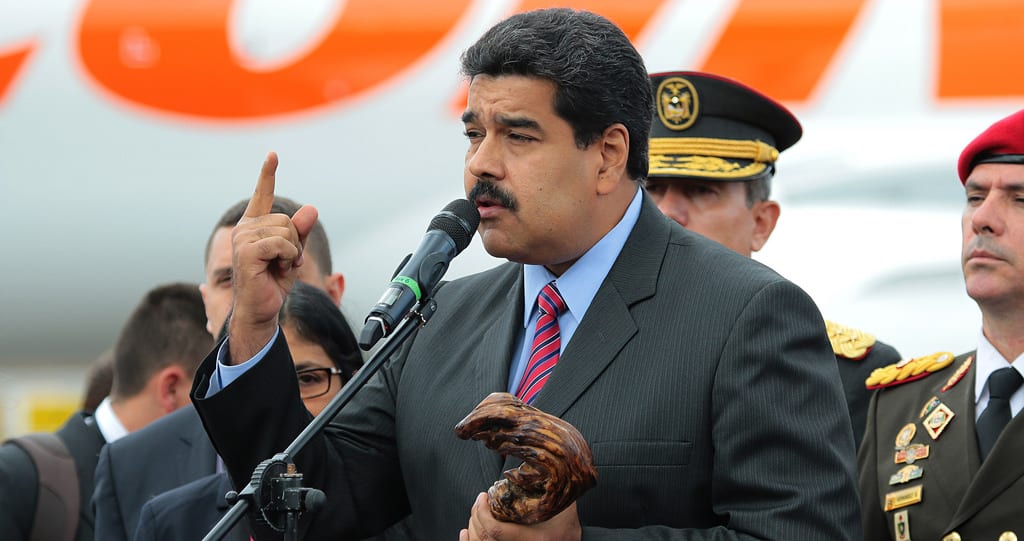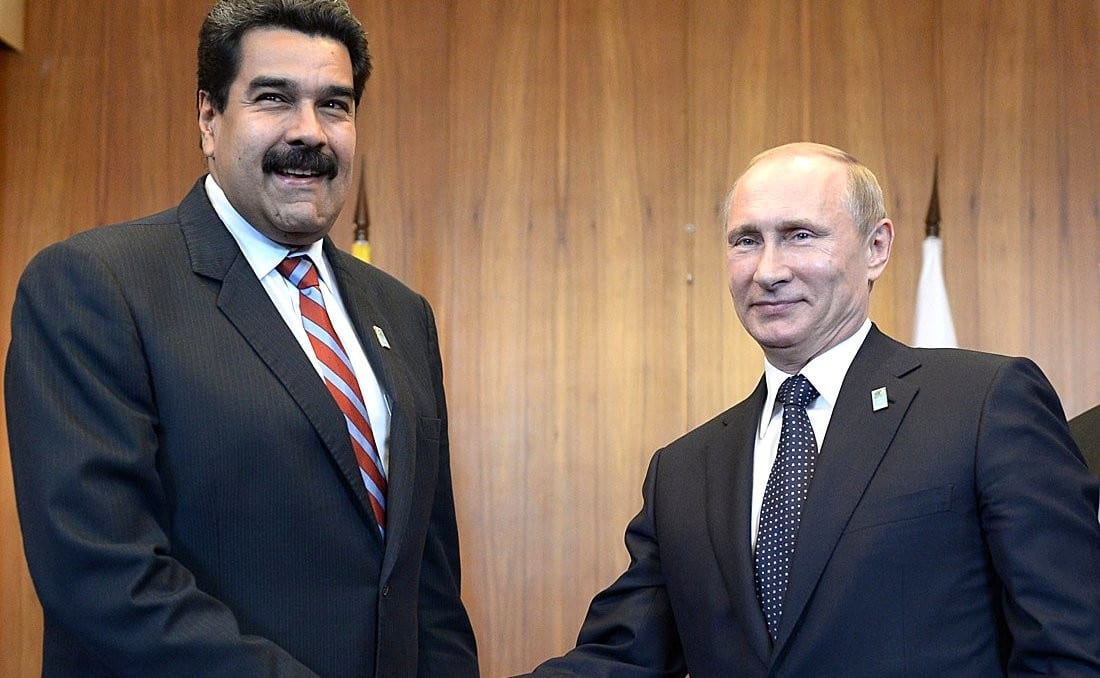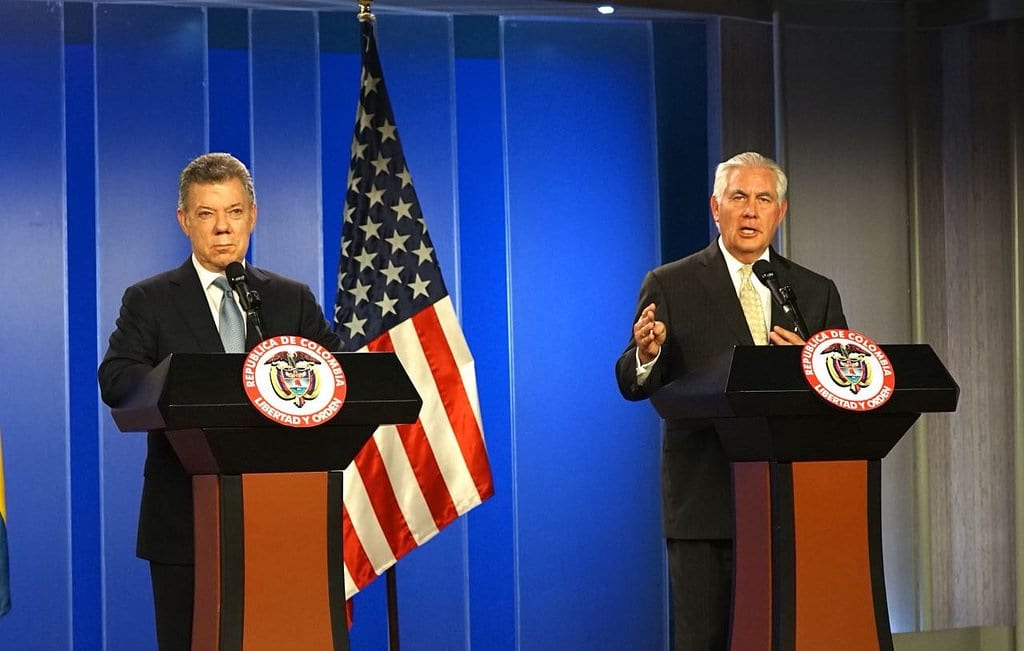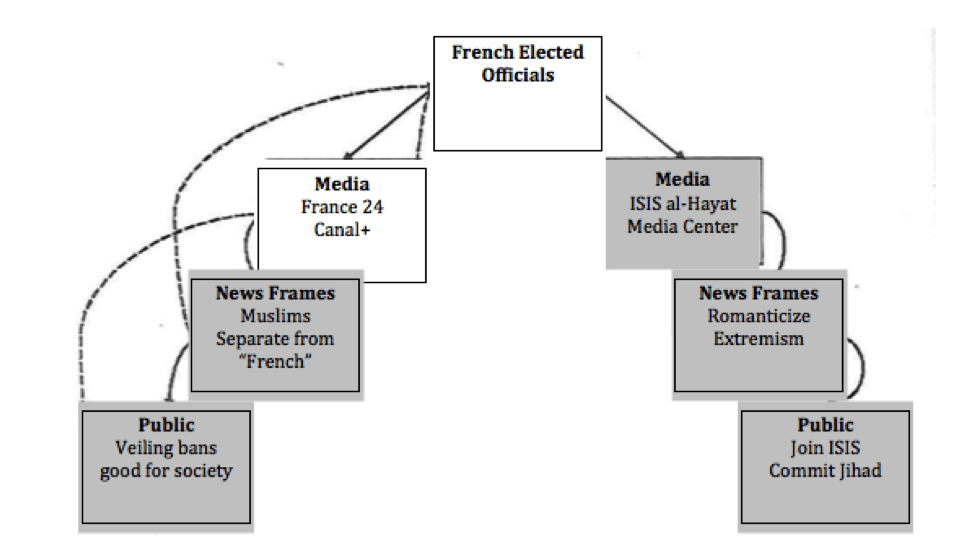 Imagine being a 25-year-old adult who has moved out of your parents’ house and is successfully living on your own only to find out that your parents are spying on you and reading your text messages. It’s pretty egregious and a violation of trust. That is exactly how Germany feels toward the United States.
Imagine being a 25-year-old adult who has moved out of your parents’ house and is successfully living on your own only to find out that your parents are spying on you and reading your text messages. It’s pretty egregious and a violation of trust. That is exactly how Germany feels toward the United States.
The pinnacle of relationships in the international community built from decades of diplomatic partnerships, economic growth, and most importantly, trust, is now chipped away because of American surveillance scandals.
Trust began to fade precipitously around the time of the Edward Snowden leaks, and the policies and political behavior of the Trump administration further aggravate the U.S.-German relationship. It is becoming increasingly difficult for the German public and leadership to trust American messages, which can make it difficult for U.S. public diplomacy officials to succeed in their work.
The State of Things
There are two stark perceptions of the U.S.-German relationship among both national publics. A Pew study conducted just this past February shows that while 68% of Americans view the relationship between the United States and Germany as good, 56% of Germans view the U.S.-German relationship as bad. And to make matters worse, Germans now trust the United States as much as they trust Russia (which is a stunning low of 21%). Over the past few years, German public opinion of America is dwindling, threatening the stability of diplomacy in the international community. As grave as that is, not all hope is lost. A significant portion of Germans still believe that the U.S. is an important partner in foreign affairs. But if the Germans don’t trust us, how can we succeed in bolstering a relationship that is faltering?
Growing Up, Germany
In Germany’s “coming of age” story, the United States played a big role in developing this now European powerhouse. Germans widely trusted the United States and creating a quasi-parental narrative, as America offered guidance to help rise from the ashes of a nation divided. As the country grew to once again become a prominent force in European politics, Germany also became one of the United States’ closest and strongest allies in Europe.
Though relations between the U.S. and Germany started back in 1790, the modern U.S.-German relationship began with the implementation of the Marshall Plan providing economic aid to Western Germany, but not the East. That parental aspect comes really kicks into gear during the Cold War, where the U.S. acted as the protector from the Soviet Union and developed West Germany into a budding democracy. The U.S. seems to always have had Germany’s best interest at heart as evidenced by the Berlin Airlift. Here, Western allies airlifted supplied to West Germany in response to the Soviet blockade of Berlin, keeping Berliners equipped with daily necessities such as food and fuel until the Soviet Union lifted the blockade in spring 1949.
While the U.S. had a helping hand of grooming Germany to take the lead in European politics and be a democracy on its own, today the U.S. seems to be overstepping their stake in the relationship. Due to recent surveillance efforts by the United States, that alliance might not be as strong and close as we would like. Edward Snowden, a former National Security Agency and Central Intelligence Agency employee, leaked information showing that Germans had been a target of American surveillance programs, spurring outrage and distrust among the German people.
The Parental Image, Quashed
Unsurprisingly, Germans were angry that one of their closest allies was spying on them. Matters only worsened when it was revealed that the Obama administration listened in on Chancellor Angela Merkel’s phone calls. This struck a chord with the Germans as they viewed the U.S. favorably and in the parental role, but now—this was a breach of moral authority – the parent now ceased to be the guiding hand and is now the overbearing dad overstepping boundaries.
More so now in the Trump era, German trust in the United States is on a steady decline, coming to an all-time low. President Trump’s “America First” and nationalist policies threaten the international balance in the global economy, which would directly affect German economic stability. In his first year in office, he has demonstrated unpredictability and his lack of experience in political affairs worries the German public. The actions from Washington in conjunction with the surveillance efforts now leaves the role of the trustworthy parent in shambles and now means nothing to the Germans.
The United States is now attempting to transform the parental narrative to be more of a partnership rather than something hierarchical. An example of this is the Young Transatlantic Innovation Leaders Initiative, a State Department and German Marshall Fund effort to develop and cultivate relationships among emerging European and American leaders. Even though this initiative includes young leaders from many European countries, for Germany, this conjoined effort is meant to evoke the spirit of the Marshall Plan and strengthen transatlantic cooperation.
And with Chancellor Angela Merkel’s planned visit to the White House this week, it seems like an ideal opportunity for the United States to further articulate a long-standing alliance and interest in Germany’s well-being. Even still, the balloon of trust between these two nations has a small puncture hole and is deflating – merely putting tape over it won’t gain that trust back.
Disclaimer: The opinions expressed in this blog are those of the author. They do not necessarily express the views of either The Institute of Public Diplomacy and Global Communication or The George Washington University.
 Wikimedia Commons—A united Korean team enters the opening ceremony
Wikimedia Commons—A united Korean team enters the opening ceremony












 View of the Taiwan Strait from Taipei Harbor ©Yukai Wang
View of the Taiwan Strait from Taipei Harbor ©Yukai Wang